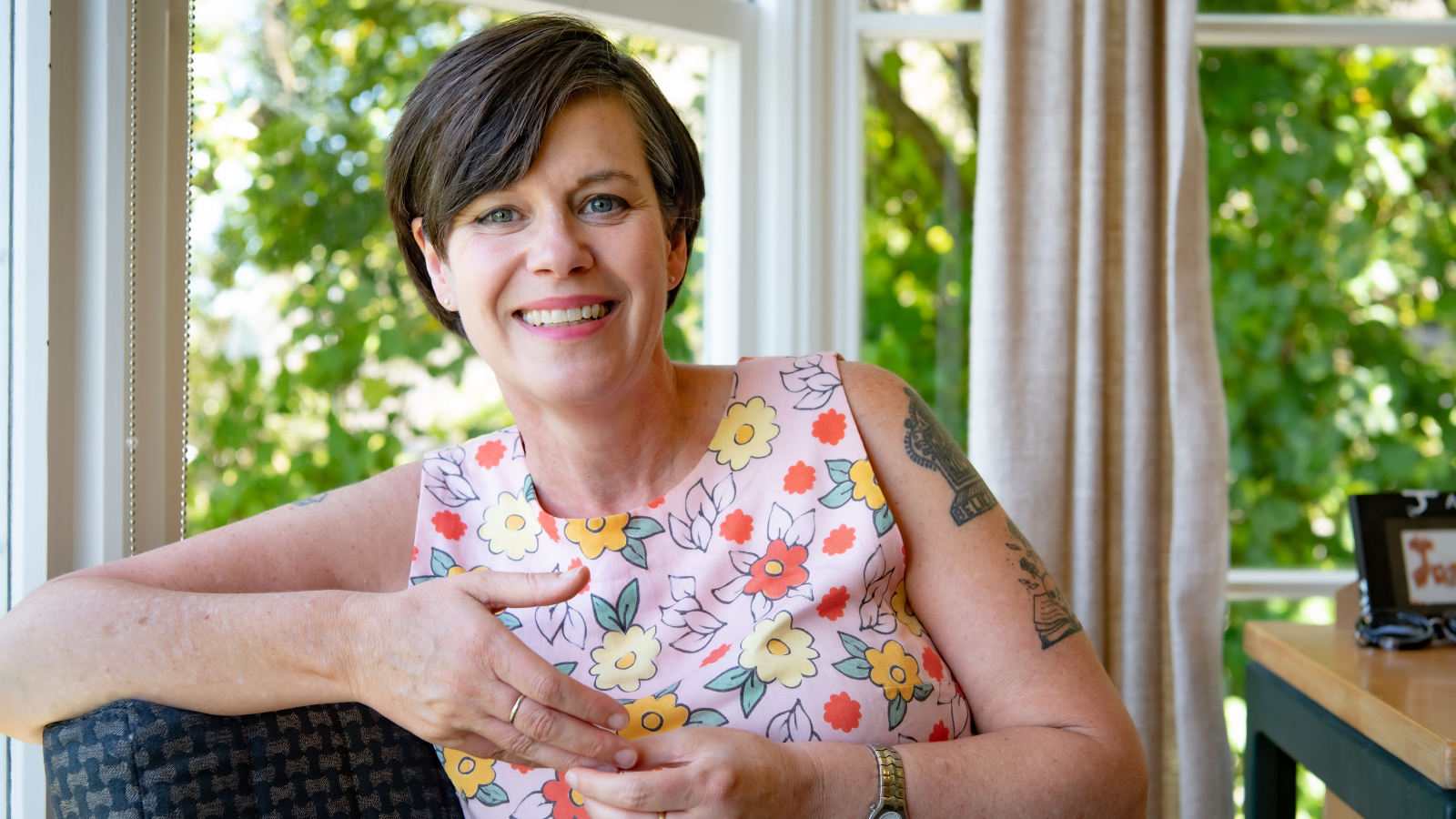
This year’s journal is undeniably pandemic-influenced, showing imaginations taking flight during time spent alone. Rebecca Hawkes describes an intimate scene with a bee-woman named Melissa, while essa may ranapiri gives us a glimpse of a beautiful friendship between a spider and an echidna. Paul Veart’s narrator in ‘Florentina’ finds a plant-person hanging out in a museum’s greenhouse. The fiction and nonfiction sections offer contemplations on curious discoveries. “Many pieces read like dispatches from an alternate universe,” say the editors, adding “given how 2020 has gone, it's no surprise the writers have gone looking for other ways of being”.
Critiques of colonisation also appear as a powerful theme, with Stacey Kokaua, Kristine Cristobal, Patricia Kim and others telling stories featuring the Cook Islands, Filipinx America, and Patricia’s grandmother’s experiences from the Japanese invasion of Manchuria to becoming the first female doctor in Korea. Poets Arielle Walker and Miriama Gemmell also touch on the theme, speaking to works from scholars preceding them. And 2020 Adam Prize winner Kōtuku Titihuia Nuttall brings to life a moment of domesticity before the wrenching removal of children from a family in Saanichton.
Master of Arts class members present snapshots of distance and closeness before and during lockdown—sharing cigarettes through video calls, baking bread during Level 4, and in the words of Elizabeth Hibbs, discovering that while “watching a global pandemic evolve is fertile ground for a catastrophist environmental novel, it’s not so great for concentration”. The politics of authorship are considered too. Tihema Baker reflects, “Fiction is such a powerful vehicle. If you are going to use it, you have a responsibility to use it well.”
An interview with 2020 Te Herenga Waka—Victoria University of Wellington / Creative New Zealand Writer in Residence, novelist, and co-owner of new bookshop Good Books Catherine Robertson dives into her research on the Wainuiomata Cycling Club, how she completed her Gabriel’s Bay trilogy, and a discussion on the book trade from the perspective of both author and bookseller.
IIML senior lecturer Emily Perkins says Turbine | Kapohau 20 shows the necessity of writing that can reflect on crises both acute and ongoing, and which responds to the world with imagination, questioning and delight. “The writing we see here is a varied and vital record of these strange times.”
Turbine | Kapohau 20 is live now: http://turbinekapohau.org.nz
